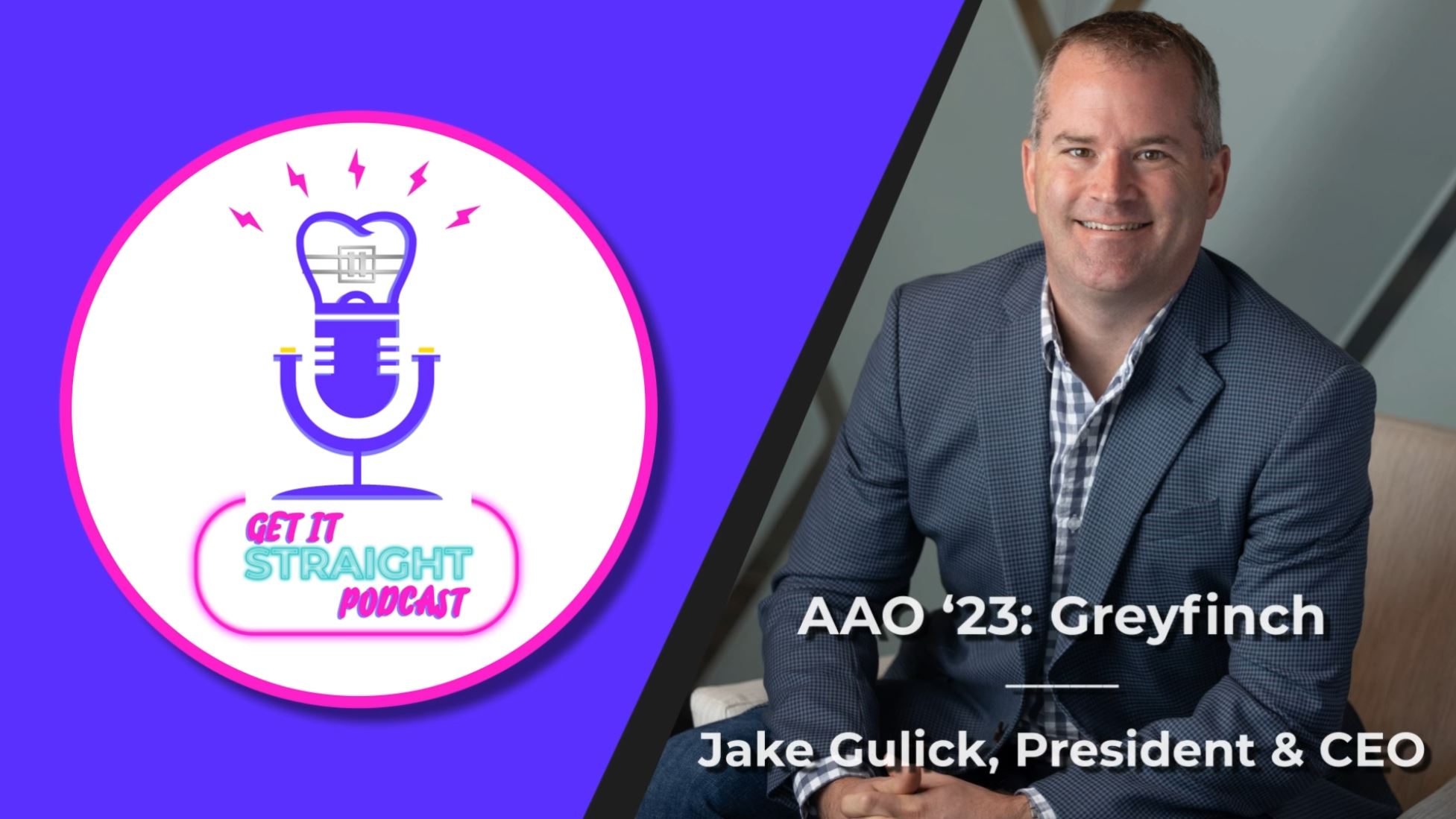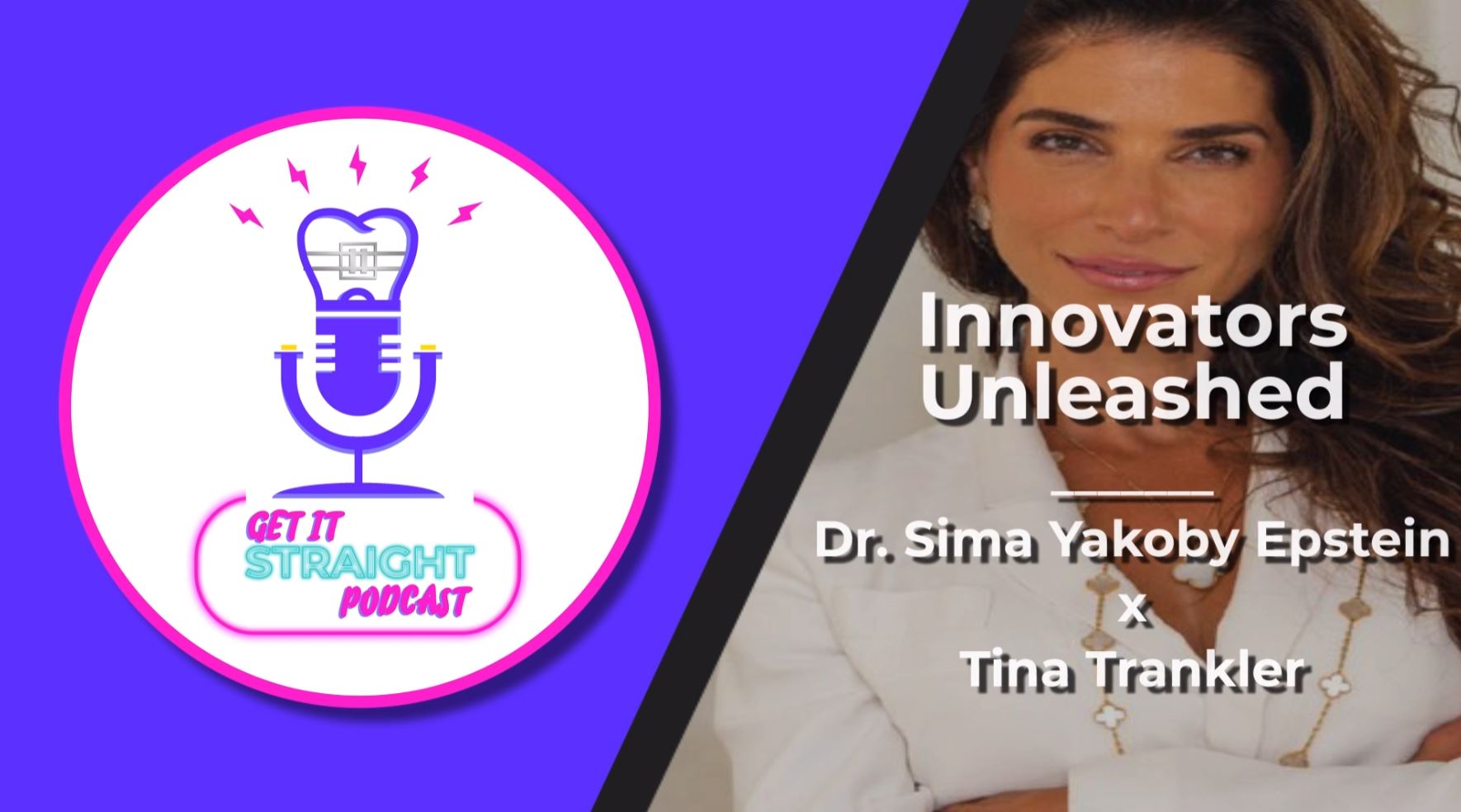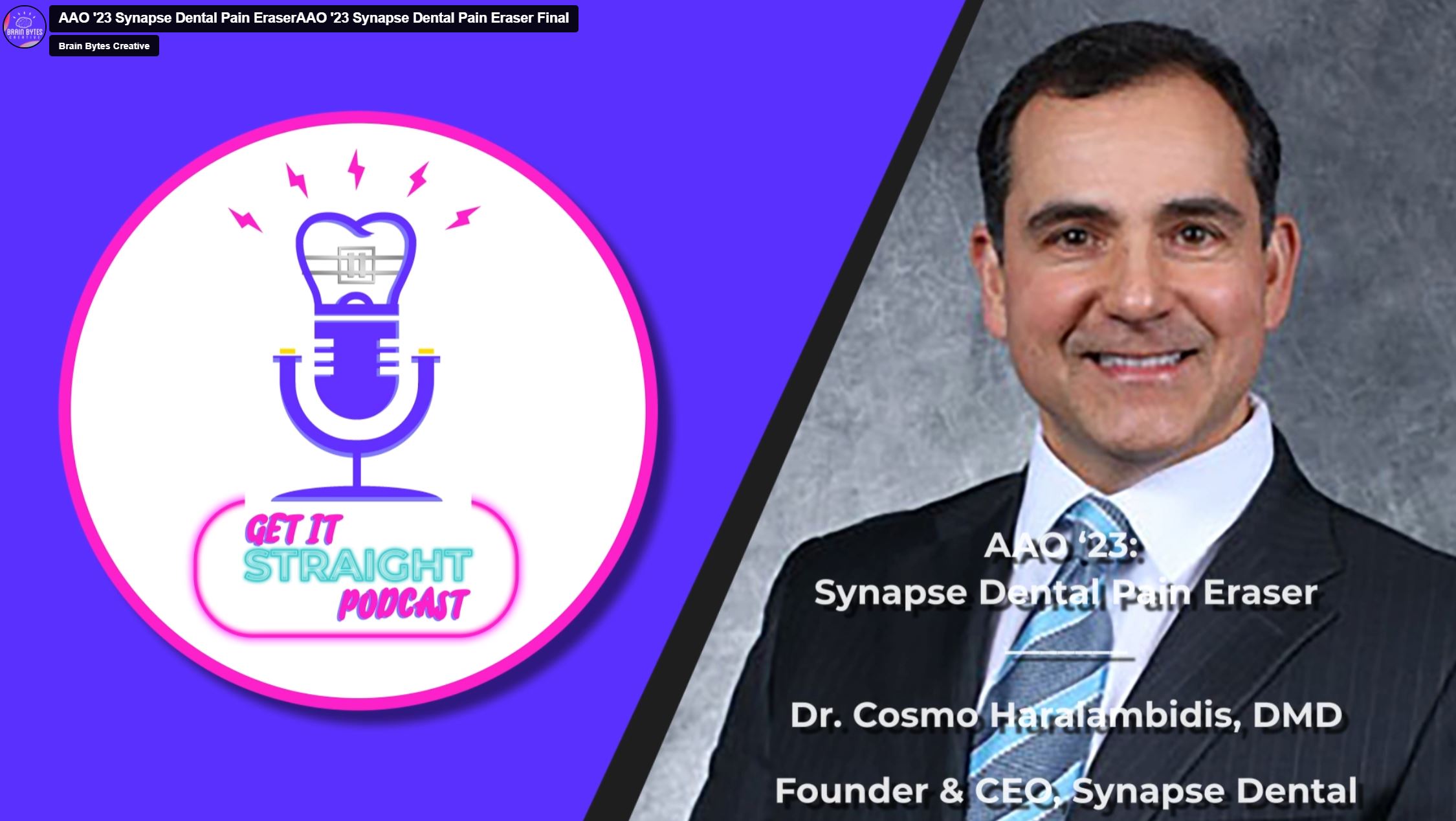What is search marketing?
When was the last time you used a search engine to help you solve a problem? Whether it was looking for a new restaurant, checking elections results, or starting your Christmas shopping early, I’d dare to say you’ve used a search engine recently. Google processes 40,000 search queries every second on average, so you aren’t the only one looking for answers. With so many searches taking place all of the time, wouldn’t you want your business to show up?
That’s where search marketing comes in. Search marketing refers to both the paid and unpaid efforts used to drive traffic to sites and increase their visibility. Search marketing is comprised of both search engine optimization (SEO) & search engine marketing (SEM) strategies.
What is SEO?
Search engine optimization (SEO) is the unpaid side of search marketing. SEO is used to increase a sites ranking on search engines and drive organic traffic. SEO helps to improve your search engine ranking by focusing on relevant keywords, optimizing site content and technical structure, and making sure your site is easy for search engines to crawl and index.
When people search for something, search engines want to make sure the top results they see are the most relevant sites that will provide the information visitors need. And if people are looking for something your business offers, you definitely want your website showing up since 33% of total clicks go to the first search result, 18% to the second, and the rest 11% or under.
What is SEM?
Search engine marketing (SEM) is the paid side of search marketing. It’s often also referred to as paid search or PPC (pay per click). These are the text-based ads that appear on the top or alongside search results when you enter a search query.
Each search engine has its own SEM platform. Google has AdWords, Bing has Bing Ads, etc. They work by allowing you to bid on how much you’ll pay for clicks, like an auction. Paid search gives you more control over who is seeing your ad and how often since you set the search terms you want to bid on and the budget you’re willing to spend. SEM helps to increase brand recognition by getting your name out there to your audience and drive traffic to your site by showing the ad to people who are currently looking for your products or services.
What is the difference between SEO and SEM?
It’s a fairly common misconception that SEO and SEM refer to the same thing. Though they look similar and are both are important aspects of any search marketing campaign, there are some major differences. SEO is unpaid, so if you are ranking well for your keywords its because search engines find your site relevant to searchers and you’ve optimized your site well. SEM is paying for your ad to be shown above the organic search results. For this reason, people often find organic results more trustworthy. But don’t let that turn you off from SEM. While SEO boosts your organic ranking, it can take a lot of time and effort to see significant results. SEM is a great way to get your ad in front of people and start making impressions faster. Moral of the story, using SEO and SEM together is the best way to get your site noticed, build brand reputation, and gain trust.
Tracking your search marketing campaigns
Whether you’re focusing on your long term SEO strategy, gaining some quick wins with SEM, or finding that perfect mix of both, the question remains: how do you know if your search marketing efforts are working? You decide on the key performance indicators (KPIs) that are most important to your business, and you track them!
Tracking KPIs is the best way to know if the strategies you’re applying are having the desired results. There’s no specific set of KPIs you should always track no matter what. It’s going to depend on your business needs and the goal you’re trying to achieve. But here are some examples of helpful KPIs to consider when deciding on your SEM or SEO strategies:
SEM KPIs:
- Impressions: Impressions are how many times your paid ad was visible on a screen (whether its clicked on or not). If your biggest priority is building brand recognition, this is a good thing to monitor to see how many people your ad was in front of.
- Clicks: This is how many people actually clicked on your ad once they saw it. Pretty straight forward. If you’re trying to increase traffic, keep an eye on clicks.
- Click-through rate (CTR): CTR is measured by dividing the total number of clicks your campaign got by its total impressions. If this percentage is low, it means even though people are seeing your ad they aren’t clicking it. It’s a good sign you should reevaluate and make some changes to appeal to your audience.
- Conversion rate (CVR): CVR is going to tell you how many people that clicked on your ad actually converted, meaning they took the action you wanted them to. This could be making a purchase, signing up for a newsletter, etc. A high percentage here means your ad is doing its job.
SEO KPIs:
- Organic traffic: Tracking your organic traffic is a great way to see if your SEO efforts are bringing people to your site. You’ll want to look at overall organic traffic and by landing page to see what specific pages still need improvement.
- Organic conversions: Getting people to your site is great, but are they converting? Tracking your organic conversions helps determine if your messaging is convincing visitors to follow through with the actions you want them to take.
- Bounce rate: This metric shows how many people left your site after viewing just one page. Maybe they found what they needed and left, or maybe you didn’t answer their question at all. Either way, a high bounce rate indicates that your site isn’t enticing visitors to stick around and explore more.
- Exit pages: Exit pages show you where people are leaving your site from, and it helps you find where people are losing interest and which pages you can improve.
The importance of keywords
Keywords are the foundation for search marketing and play important roles in both SEO & SEM. All search marketing campaigns should start with thorough keyword research to find the most valuable opportunities for your business. A keyword opportunity analysis will help you discover what to focus on by comparing search volume, competition, CPC, and potential value of ranking for certain keywords.
Keywords and SEO
Knowing what keywords to focus on is essential for an effective SEO strategy. Each page of your site should have a focus keyword or keyword group. These will come into play in your content, URL structure, links, and more to help search engines understand what your site is about. Without a keyword focus search engines are going to struggle indexing and ranking your site, and your SEO efforts are going to fall short.
Keywords and SEM
Since you’re bidding on your terms, you want to make sure you’ve done your homework before you start spending money. Having the highest bid doesn’t mean your ad will be shown. Your quality score is also factored in, which is based on your CTR and the relevancy of your ad text, landing page, and keywords. The keywords you bid on should tie in with both your ad copy and your landing page copy.
How do I get started with search marketing?
There’s a lot that goes into strategizing a strong search marketing campaign, which can make it seem like a daunting task. Do you start with SEO or SEM? How do you set up an SEM campaign? Have you picked valuable keywords? Luckily, there are tons of resources to help you get started with search marketing basics. Google’s Academy for Ads and Moz’s Beginners Guide to SEO can get you off to a great start if you have the time and inclination to coach yourself to search marketing greatness. Need the results but don’t have the time? You may want to consider working with a search marketing agency.
Why work with a search marketing agency?
There are plenty of benefits to partnering with an agency for your search marketing needs. For one, it saves you having to do hours of research trying to learn all the ins and outs of both SEO and SEM. Although it still might be a good idea to have a handle on the basics, now you’ll have a whole team of experts on your side to take care of the heavy lifting. But wouldn’t it be cheaper to hire a search marketing expert in-house? Maybe. This will depend on your needs. But again, you’re relying on one brain here. If you partner with a good agency, they will have experts specialized in each area of search marketing to help you ask the right questions, set meaningful goals, and build strategies that help you grow.
When I want to learn something quickly, one of the first things I do is try to restate what I’ve learned in a simple one-page – often handwritten – document. I’ve found that if I can get around to formatting these one-pagers for general consumption, they can be quite useful to others interested in the same topic. So here’s a my paid search optimization one-pager from when I was learning the basics of pay-per-click search advertising.
Brain Bytes Creative is an Atlanta-based digital marketing agency with a passion for search engine marketing. Want to learn more? Get in touch.



